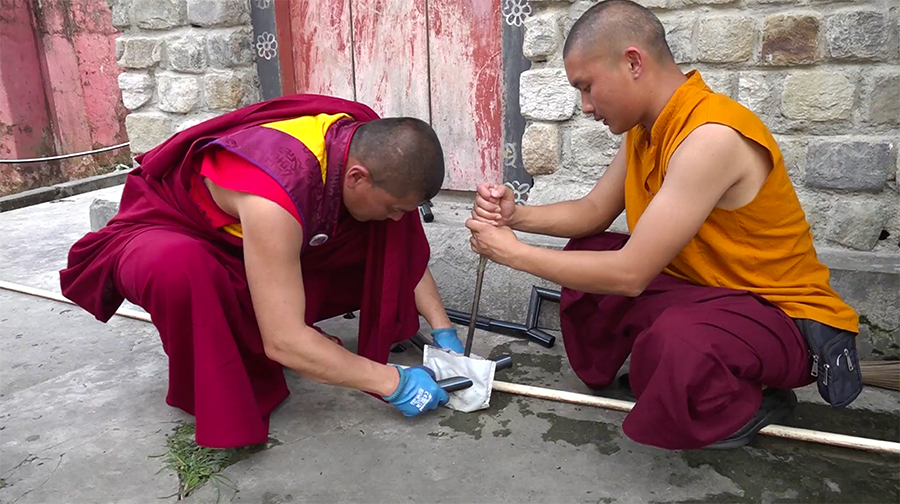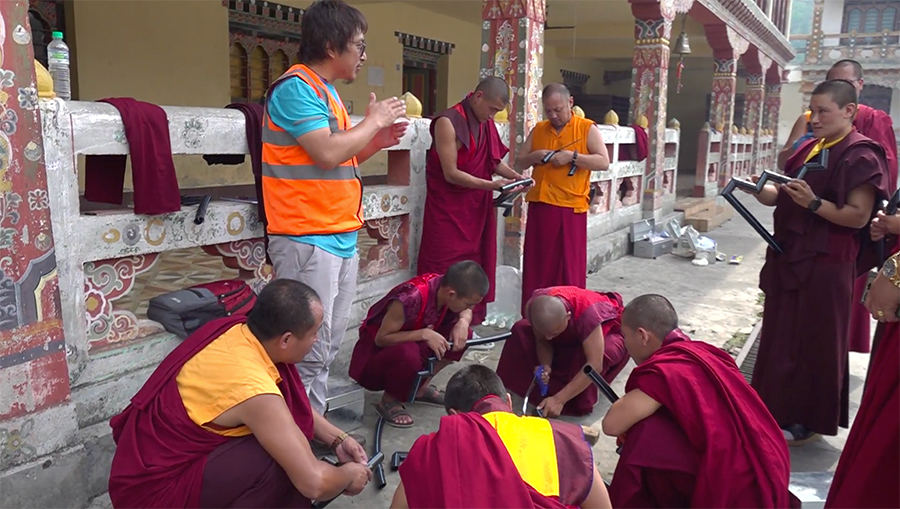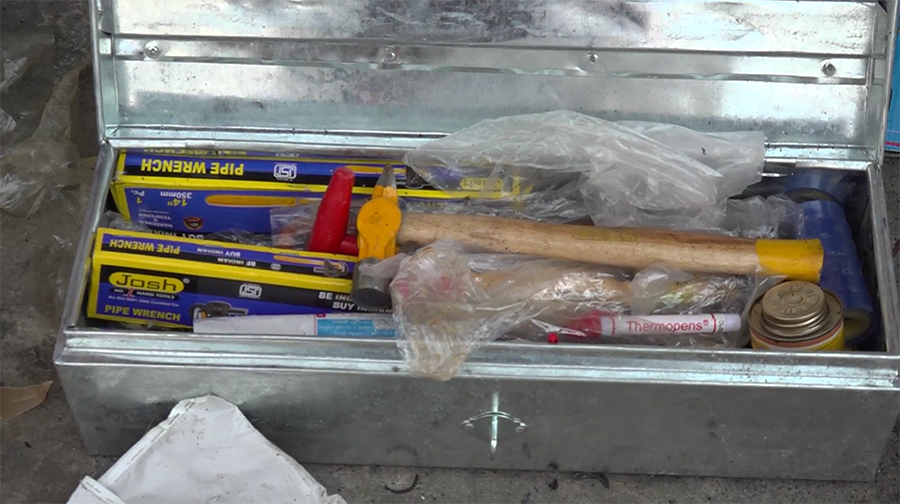 Accessing basic plumbing services has long been a challenge for monastic institutions in remote parts of Bhutan. Located far from towns and service centres, monks and nuns often struggled to fix even minor water issues. To ease this, monks and nuns in Samdrup Jongkhar and Pema Gatshel underwent training in water management and maintenance, equipping them with the skills to keep the taps running.
Accessing basic plumbing services has long been a challenge for monastic institutions in remote parts of Bhutan. Located far from towns and service centres, monks and nuns often struggled to fix even minor water issues. To ease this, monks and nuns in Samdrup Jongkhar and Pema Gatshel underwent training in water management and maintenance, equipping them with the skills to keep the taps running.
 The training brought together over 30 monks and nuns from various religious institutes.
The training brought together over 30 monks and nuns from various religious institutes.
Participants were introduced to skills such as repairing leaks, replacing damaged pipes, and maintaining water tanks.
The training aims to build self-reliant monastic institutions that no longer have to wait for external help to fix water-related issues.
Kinley Penjor, Chief Programme Officer of Religion and Health Programme under the Central Monastic Body said “Even for fitting water pipes, if they had to depend on district engineer or relevant officials, it will be difficult as they live far away. So, by providing basic training, they can solve water-related issues on their own.”
Participants say many of the institutions are located in remote areas where plumbing services are hard to access.
As a result, even minor issues disrupt daily routines for days.
However, with this training, they are now equipped to address such issues independently.
Tenzin Dorji from Jashar Gonpa in Pema Gatshel said “Earlier, we faced many challenges, we couldn’t find a plumber to fix the water pipes. In our dratshang, everyone is a nun. But now, I believe I can handle the water-related issues myself.”
Karma Choden from Tshungon Pema Yoeberling in Samdrup Jongkhar said “When the water taps were damaged, we didn’t know how to fix them. We used to block the leaks with a stick. But now, I’m confident that I can repair them myself. In the past, we sometimes had to go without water for days because we couldn’t fix the issue. After this training, I’m hopeful that I can solve those problems on my own.”
Likewise, Sonam Lhaden from Zangthi Ani Gonpa in Samdrup Jongkhar said “When the water pipes were damaged, we had to look for plumbers in the villages to fix them, which was difficult. But now, with this training, I’ve gained the skills and knowledge to repair them myself. Earlier, we used plastic to stop the leakages, but now I can properly join the water pipes.”
 Participants were also provided with tool kits essential for maintaining and repairing the water system.
Participants were also provided with tool kits essential for maintaining and repairing the water system.
The Central Monastic Body in collaboration with Chhoedey Lhentshog organised the training, with support from the Samdrup Jongkhar District Administration. It was funded by the UNICEF.
Besides promoting self-reliance, the training also ensures uninterrupted access to clean water for the smooth functioning of the monastic institutions.
Kinley Wangchuk, Samdrup Jongkhar
Edited by Tshering Zam









